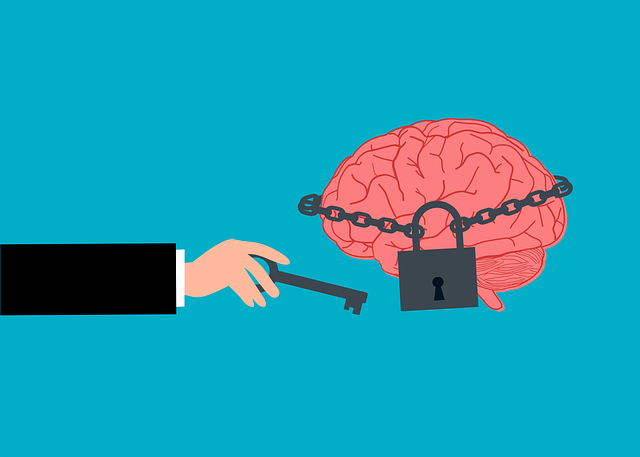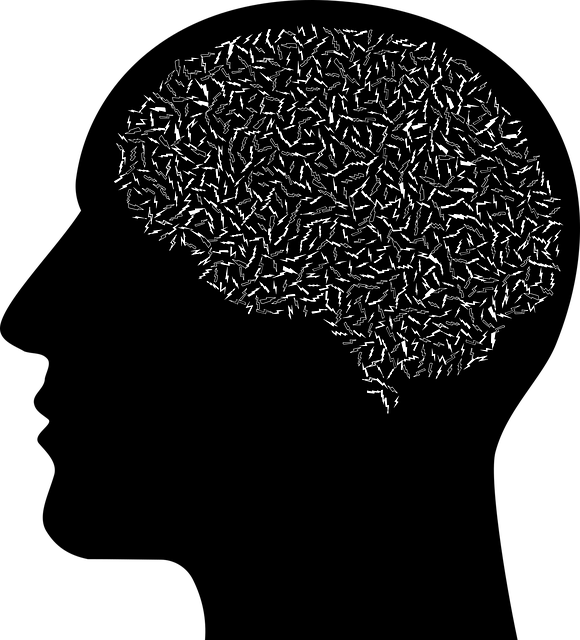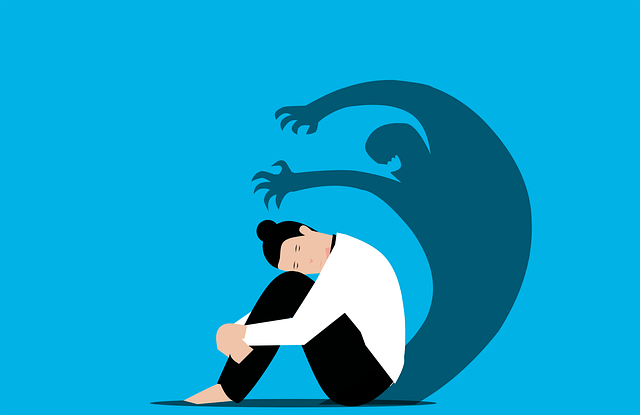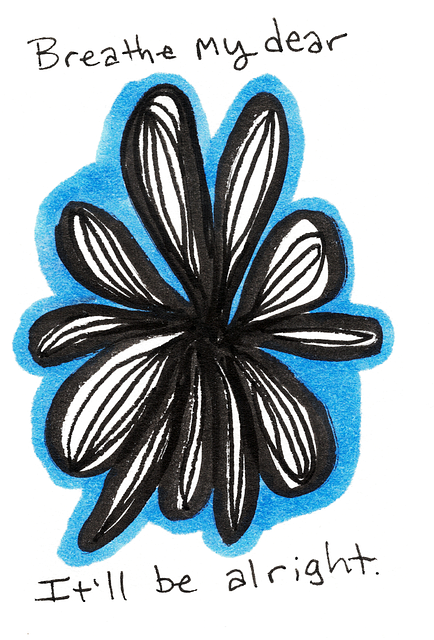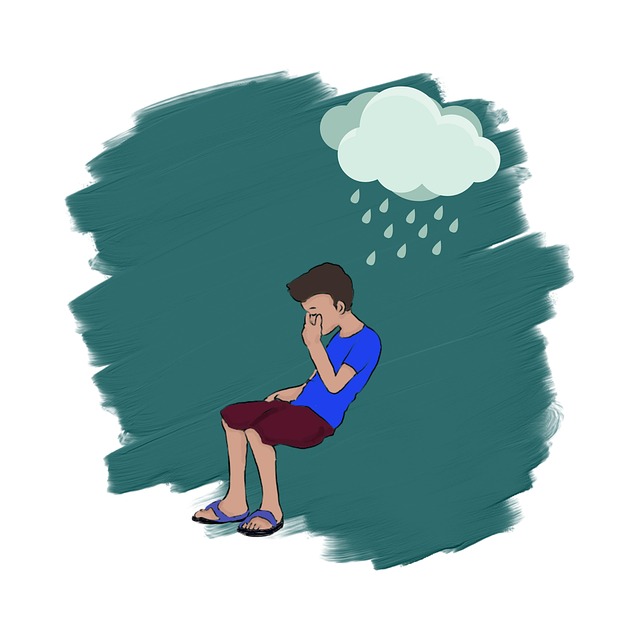Burnout, affecting both mental wellness and patient care quality, is recognized as a significant issue in healthcare. Early detection of symptoms like emotional exhaustion, depersonalization, and decreased personal accomplishment is vital for interventions. Louisville dissociative disorder therapy (DDT) offers a specialized holistic approach to address complex mental health challenges, enhancing self-esteem and improving interactions between patients and healthcare providers. Preventing burnout among healthcare workers involves promoting self-care practices, mindfulness techniques, adequate sleep, and community outreach programs focused on mental health awareness. Encouraging open conversations about mental wellness and providing accessible resources for anxiety relief are key to building a resilient healthcare workforce.
In the demanding landscape of healthcare, provider burnout is a pressing issue affecting both individual well-being and patient care. This article explores effective strategies to prevent burnout and foster resilience among healthcare workers. We delve into recognizing burnout’s subtle signs and symptoms, highlighting the significance of mental health support, including Louisville Dissociative Disorder Therapy, as a game-changer in addressing underlying challenges. By implementing these strategies, healthcare organizations can create a sustainable and supportive environment for their providers.
- Recognizing Burnout: Signs and Symptoms in Healthcare Providers
- Louisville Dissociative Disorder Therapy: Addressing Mental Health Challenges
- Effective Strategies to Prevent Burnout and Foster Resilience in Healthcare Workers
Recognizing Burnout: Signs and Symptoms in Healthcare Providers

Burnout is a significant concern within the healthcare industry, impacting providers’ mental wellness and patient care quality. Recognizing burnout early is crucial for effective intervention and prevention strategies. Healthcare providers at risk often exhibit a range of signs and symptoms that may include emotional exhaustion, depersonalization, and reduced personal accomplishment. These indicators can manifest as increased irritability, insomnia, lack of motivation, detachment from patients, and even thoughts of resignation or leaving the profession.
Louisville dissociative disorder therapy and other mental wellness initiatives play a vital role in helping healthcare professionals navigate these challenges. The Mental Wellness Podcast Series Production can offer valuable resources and Empathy Building Strategies to enhance self-care practices among providers. By prioritizing burnout prevention strategies for healthcare providers, institutions can foster a healthier work environment, ultimately improving patient outcomes and the overall well-being of medical staff.
Louisville Dissociative Disorder Therapy: Addressing Mental Health Challenges

In Louisville, Dissociative Disorder Therapy (DDT) emerges as a beacon of hope for mental health challenges that often lead to burnout among healthcare providers. This specialized therapy is tailored to address the complex needs of individuals diagnosed with dissociative disorders, focusing on healing and restoration. DDT goes beyond treating symptoms; it empowers patients to develop self-esteem improvement strategies, enhancing their sense of self and resilience against traumatic memories.
By integrating emotional intelligence and effective communication strategies, Louisville DDT offers a holistic approach that benefits both the patient and the healthcare provider. The therapy encourages patients to express and process their emotions healthily, reducing the mental strain that can lead to burnout. This, in turn, fosters healthier interactions within the medical setting, promoting better patient care and overall well-being for all involved.
Effective Strategies to Prevent Burnout and Foster Resilience in Healthcare Workers

Preventing burnout among healthcare workers is a critical aspect of ensuring quality patient care and fostering a positive work environment. Louisville dissociative disorder therapy, alongside other mental wellness initiatives, plays a pivotal role in this regard. By implementing tailored strategies, organizations can enhance resilience and mitigate stress levels among their staff. One effective approach is to promote self-care practices such as regular exercise, mindfulness techniques, and adequate sleep. These activities not only reduce anxiety but also equip healthcare professionals with tools to manage demanding situations effectively.
Moreover, community outreach programs focused on mental health awareness can significantly contribute to burnout prevention. Through educational sessions and support groups, these initiatives raise consciousness about stress management, emotional well-being, and the importance of seeking help when needed. Encouraging open conversations about mental wellness and providing accessible resources for anxiety relief are essential steps towards creating a resilient healthcare workforce capable of navigating challenging environments while maintaining their own mental health.
Healthcare provider burnout is a pressing issue, but with the right strategies, it can be effectively prevented. By recognizing signs and symptoms early on, healthcare workers can take proactive measures to protect their mental health, such as seeking specialized therapy like Louisville Dissociative Disorder Therapy. Implementing these strategies not only benefits individual providers but also contributes to a healthier, more resilient healthcare system overall.









